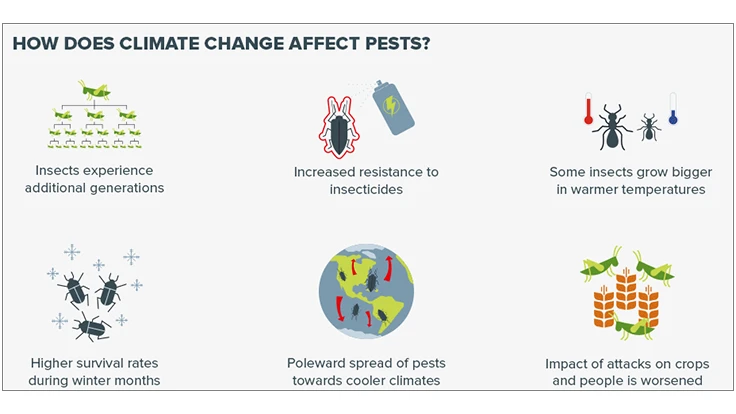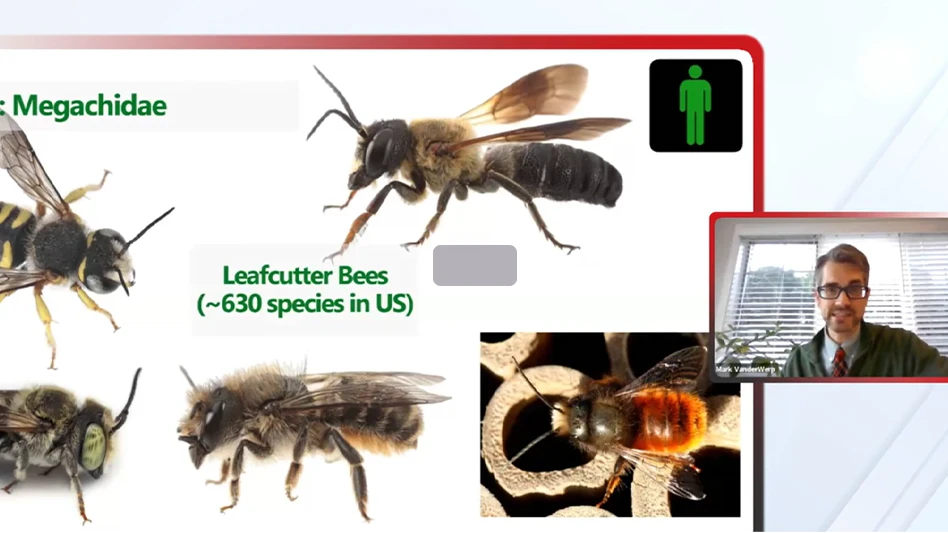
Rentokil Steritech has named in a recent posting climate change as a factor that is accelerating the damages caused by pests, which could result in the wider spread of diseases and increased crop destruction.
Vector-borne infectious diseases, including malaria, dengue virus, Zika virus and Lyme disease, affect nearly half of the world’s population, and can create international public health emergencies.
The outbreak of Zika virus, which is spread mainly by mosquitoes, during 2015-16 was widely linked to global warming by the scientific community, following a spell of unusually high temperatures.
With the global temperature expected to increase by around 2°C in the next few decades, Rentokil Steritech expects to see pests migrate to cooler climate environments. This could result in insects becoming a bigger threat to both public health and food production, as they become more resistant to insecticides and experience additional generations.
The coffee berry borer, which is now present in virtually every coffee-growing region in the world including Hawaii, is a key example of this effect in action. It is estimated that the beetle causes $500 million in damages to coffee growers each year.
To combat a new set of challenges from pests, technical leaders at Rentokil Steritech recommend that businesses stay up to speed on invasive species, use products that have a longer residual, and consider increasing their frequency of pest control services.
“Invasive species have always been a problem, but they will likely spread further as the global temperature increases, causing the establishment of new, exotic species with no natural enemies,” said Judy Black. Vice President of Technical Services, Rentokil Steritech.
She added, “Global warming will have a significant impact on the problems caused by insects especially, as higher temperatures can result in faster population growth, and the quicker breakdown of conventional insecticide through volatilization.”
Rentokil Steritech also created the following infographic:

Latest from Pest Control Technology
- Asian Cockroach vs. German Cockroach Identification Tips
- Pest Index Increased 12 Percent YOY in October
- Winter Insects are Cool
- Nancy Troyano on Pi Chi Omega's Jr. Entomology Program Bringing Applied Science to Youth
- Tick-Killing Fungus Research Underway at Nova Scotia University
- VAGA Hosts 8th Annual Veterans Thanksgiving Appreciation Dinner
- Happy Holidays from PCT Media Group!
- Rentokil Terminix Expanded in Key Markets with 2024 Acquisitions





